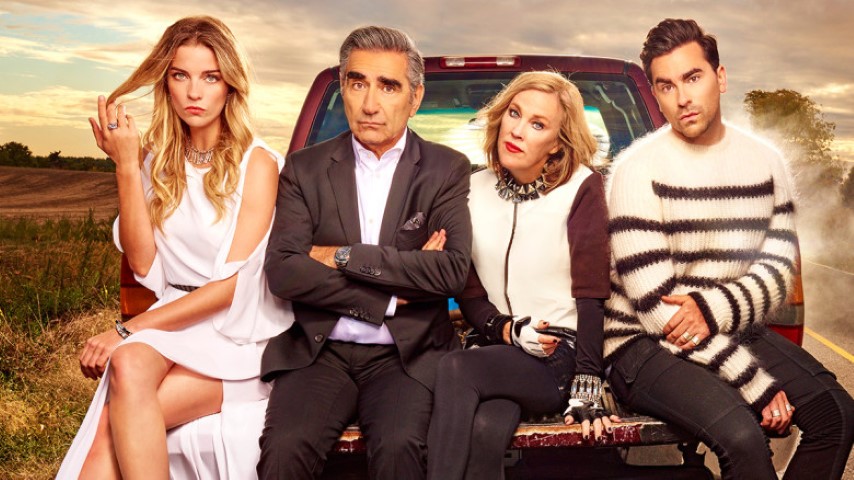
They were here all along
By Adam Tatelman, Arts Editor
There are three popular-yet-nonsensical criticisms people like to level at representations of women in gaming. First, that the industry is a sprawling, fanservice-choked morass of impossibly-proportioned Playboy Bunnies waiting to be rescued from danger by hyper-masculine power fantasies. Second, it has always been this way. Third, this trend has only recently begun to change due to public outcry. But the longer one examines the history of gaming, the more out of touch this concept seems. Like footprints in the sand, strong female characters have been here all along.
Based on the Japanese horror novel of the same name, Parasite Eve (1998) slings police officer Aya Brea into a supernatural massacre best described as Carrie in Carnegie Hall. As with most spooky cop dramas, Aya turns out to have a personal connection to the perpetrator, weaving her quest for the truth into the narrative. Quiet, contemplative, determined, and professional, Officer Brea can take care of business just as well in a cop uniform or an evening gown.
While not a playable character, Viktoria is essential to the brilliant story and atmosphere of Thief II (2000). A powerful nature spirit bent on avenging The Trickster, her partner in divinity, Viktoria sets aside her blood feud with master thief Garrett in order to face the evil industry of the Mechanist Order. Her heroic sacrifice for her subjects remains the series’ defining tragic moment—one later pilfered wholesale by Batman: Arkham Knight.
Mona Sax is a modern spin on the femme fatale—and possibly the most lethal in history. An assassin for the Punchinello crime family, Mona is as capable a gunfighter as Max Payne, her painkiller-popping counterpart. Everything is a weapon to Mona, especially her sexuality. We’ll never know if she felt anything sincere for Max, but their masochistic cat-and-mouse flirtation is the backbone of the film noir love story Max Payne 2 (2003).
A perennial favourite among gamers, Alyx Vance is a constant companion through Half Life 2 (2004). Her signature wit under pressure helps forge the identity of the game, bringing vibrant personality into what would otherwise be an endless procession of violent skirmishes and physics puzzles. Her relationship with her doting father is especially touching, providing a much-needed human connection to her high stakes external conflict with the Combine.
These are by no means the only examples, either—choosing only a few for this article was an almost impossible task, simply because I was spoiled for choice. Given the space, dozens of others could be listed, including such icons as Metroid’s Samus Aran, Silent Hill’s Heather Mason, and Resident Evil’s Jill Valentine. Considering that almost every RPG without a static protagonist since the beginning of time allows players to create male or female characters identical in capability to one another, these characters are technically infinite in number.
Ironically, many critics of modern gaming seem to classify female characters in relation to male ones. Specifically, popular wisdom suggests that being motivated by a relationship—platonic or otherwise—with a male character somehow invalidates the female character’s agency.
People are always motivated by other people in their lives, so rather than scrutinizing male involvement in female arcs, characters should be judged solely on their actions. Under that more realistic criteria, strong female characters are suddenly legion. This is why accusations of sexist representations in gaming ultimately ring hollow to me. Such narrow criticism serves only to minimize the impact of outstanding characters, and accentuate the pedestrian Lara Croft lookalikes.
In the end, all that matters is the journey. Assuming that we as humans cannot empathize with a character’s circumstances and actions unless that character looks like us is to suggest that we are incapable of empathy. To suggest that characters are not valid because they are too sexy or scantily-clad ironically confines the conversation to their bodies, instead of their deeds. That isn’t what equality was supposed to look like, folks.


